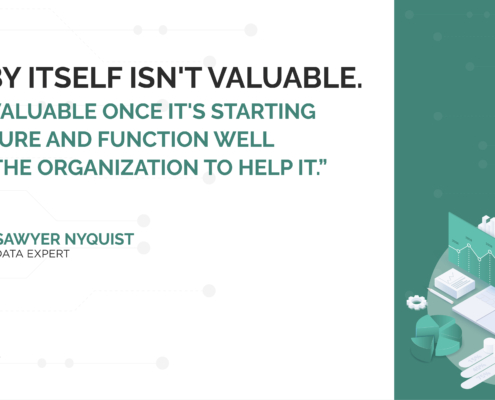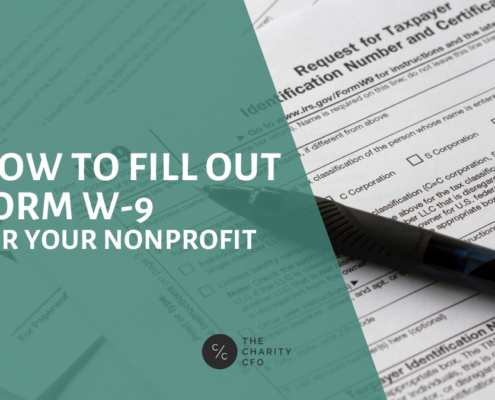Earned income can be an excellent way for nonprofits to generate unrestricted funds, reduce dependency on grants, and build long-term financial resilience. But it’s not a one-size-fits-all solution. Without careful planning, it can open the door to mission drift or unexpected tax liabilities.
To determine if earned income is a good fit, ask yourself:
- Does the revenue-generating activity align with your mission? Activities closely tied to your exempt purpose are less likely to trigger nonprofit income tax.
- Do you have the internal capacity to manage it? Running a business operation—even a small one—requires systems, staff time, and oversight.
- Have you considered the compliance requirements? Even mission-aligned income may require reporting on your nonprofit tax returns, and unrelated business activities could result in UBIT (Unrelated Business Income Tax).
For example, selling branded merchandise, offering consulting services, or renting out space in your facility might all qualify as earned income, but the tax treatment varies depending on how closely they relate to your core mission.
With the right approach, earned income can support your programs and growth goals without sacrificing your nonprofit identity. But it’s crucial to understand the rules and risks before you dive in.















